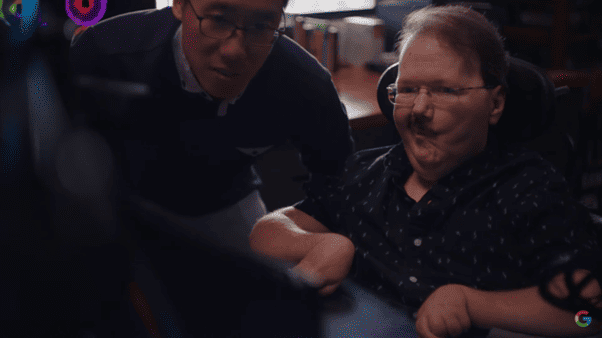Video: Google’s new hands-free mouse could enable everyone to play games

Multinational technology firm Google has designed an innovative AI-powered gaming mouse that enables users to control a computer’s cursor using their head movement and facial gestures.
Project Gameface is a free mouse that has the potential to make gaming more accessible. The code is open source and available in preview here.
Although the tool is still in development, it has the potential to change people’s lives, as it is relatively inexpensive to build and maintain, according to Google.
It works by users raising their eyebrows to click and drag or opening their mouth to move the cursor, making it possible for anyone to pursue gaming.
Head movements and facial gestures captured simply from a webcam are recognised by machine learning models to move the cursor accordingly. To adapt to the needs of different users, Google incorporated the idea of a gesture size, which allows users to control how prominent their gesture needs to be to trigger a mouse action.
Google says Project Gameface was inspired by the story of Lance Carr, a quadriplegic video game streamer who has muscular dystrophy, which is a progressive disease that weakens muscles.
Lance used a head-tracking mouse to control his computer’s cursor. However, in 2021, Lance’s house caught on fire while he was gaming one night, which was captured on a live stream and watched by gamers around the globe.
Lance lost all of his online gaming equipment in the fire, including the expensive head-tracking mouse, which is the primary technology that enabled him to play computer games.
After hearing Lance’s story, Google said it “had to help”. The firm worked with Lance to co-design Project Gameface, which uses Google MediaPipe open-source solutions.
Find out more about Project Gameface and Lance’s story in the video below:

